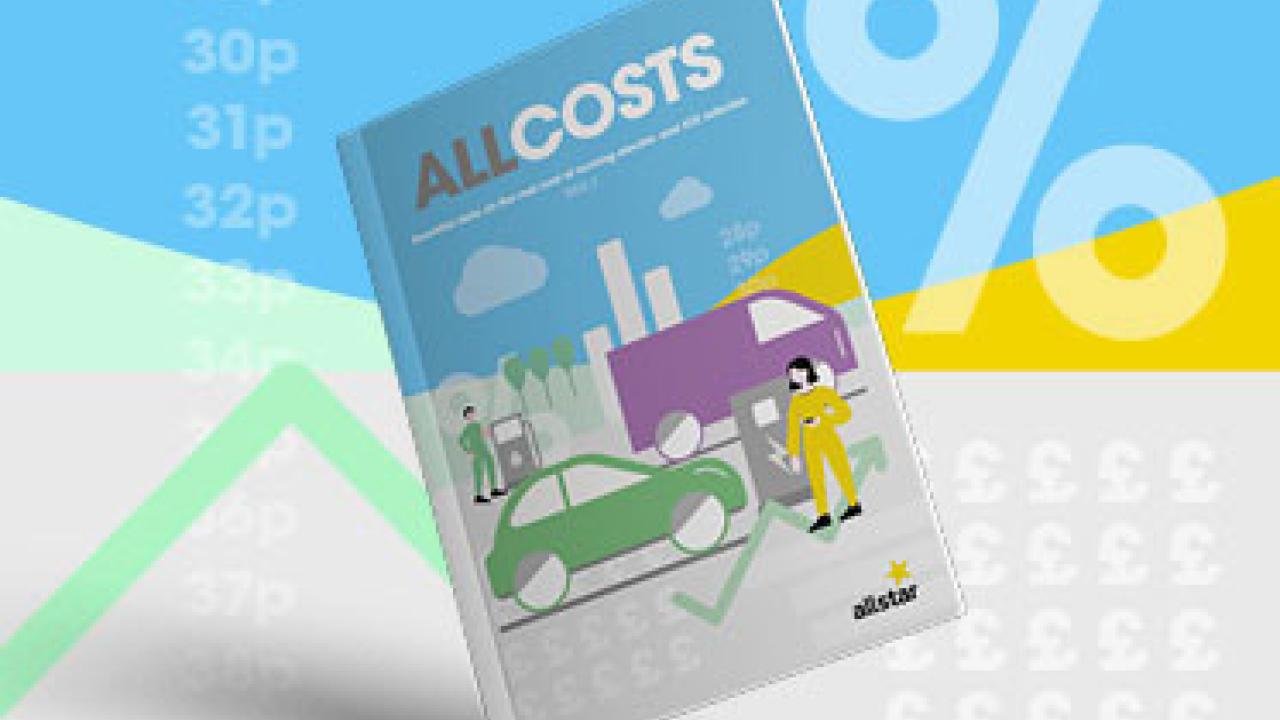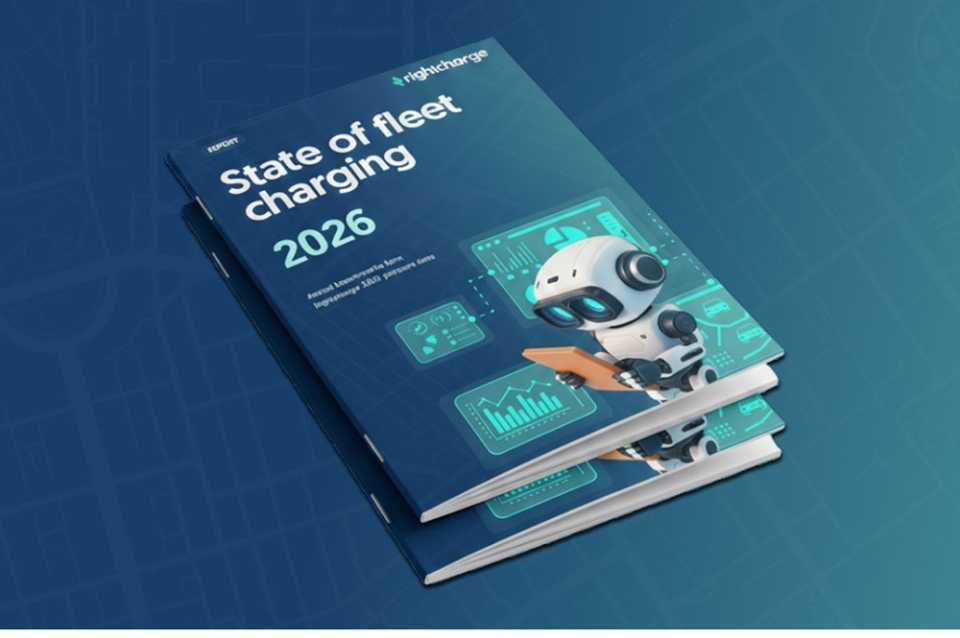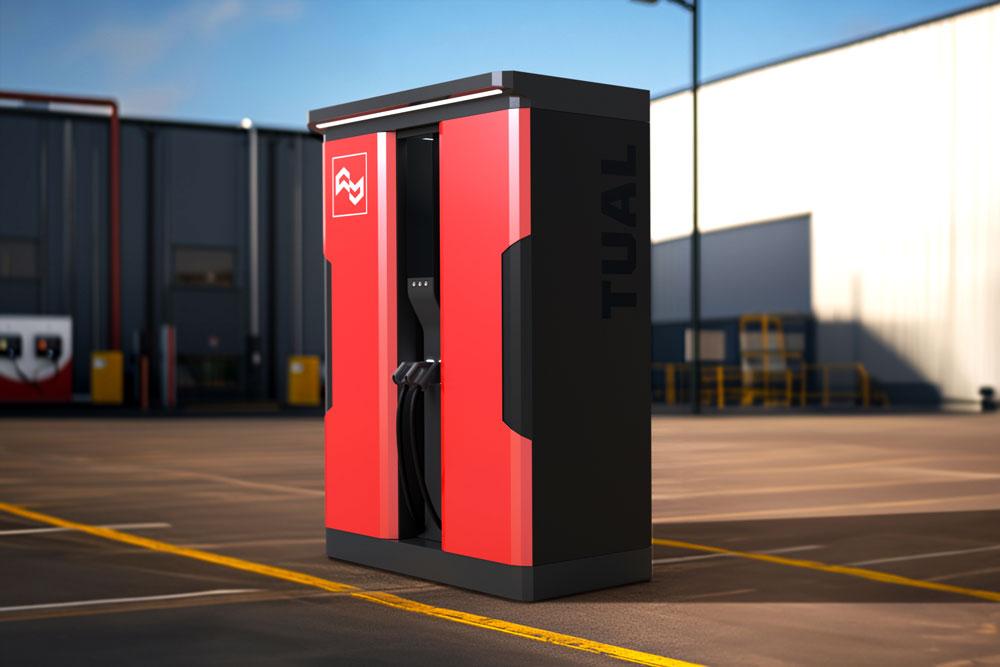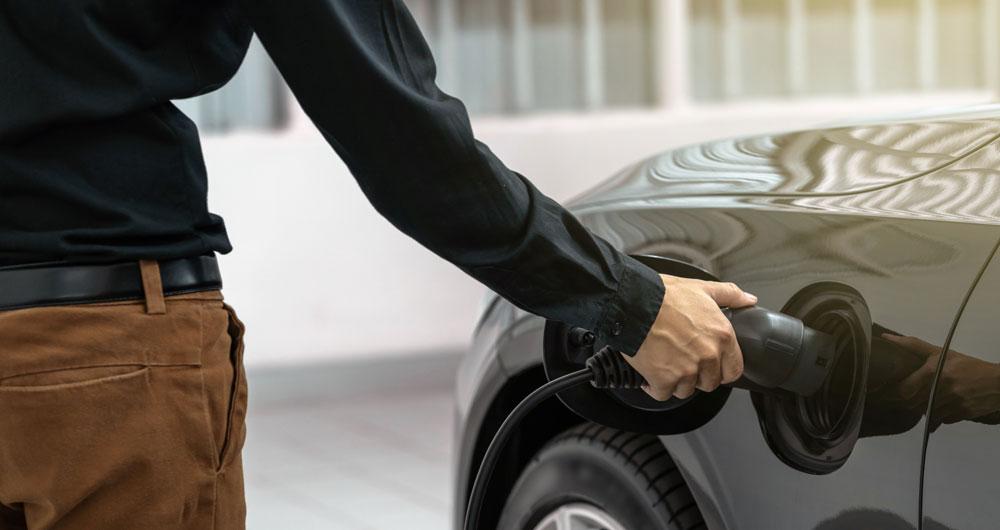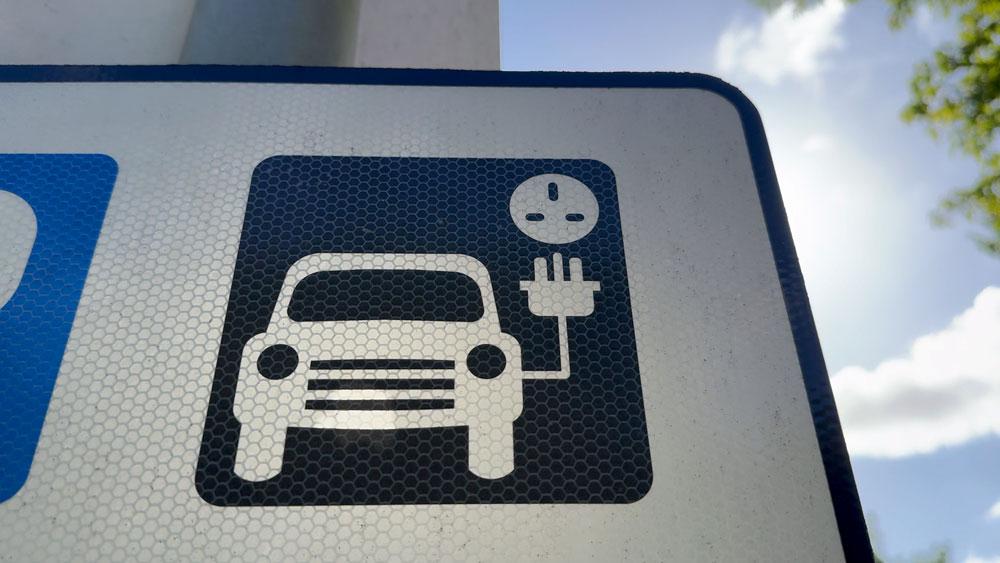Public electric vehicle (EV) chargers being used by Allstar customers is up 264% - more than twice as much than the same period 12 months ago, in March 2023, according to a new report from the company.
What's more, business drivers are plugging in 113% more from their own homes.
The second edition of Allstar’s AllCosts report takes proprietary data for many millions of transactions throughout the Allstar fuel card network and hundreds of thousands of charging sessions in public and at home in the quarter January-March 2024 to provide businesses with real-life costs for electric, petrol and diesel vehicles on-the-road today.
The cost of home charging has stayed level, despite the volatility in energy prices over the last few years, home energy costs have stabilised. The average tariff remained the same as the previous three months at an average of 28p per kWh – which is what consumers would expect to pay as an average domestic energy user based on the OFGEM price cap at the time. This quarter the highest recorded cost was 50p per kWh and the lowest was 5p.
Using public chargers has become more expensive, with drivers paying to recharge on the road on average 82p per kWh, an increase of 12p from the previous quarter of October-December 2023. The highest recorded cost was £1.06, while the lowest was 54p. The figures are based on what was paid for real-world charges, not the average price of each provider.
While there have been some unit cost increases from previously lower price providers, 82p is similar to what many premium, high speed charge point operators have been charging for some time, so drivers are increasingly opting for premium charging to get back on the road quicker.
According to the report, the price of petrol and diesel is slowly falling, with petrol prices at the pump down 7.26p to an average 143.34p and diesel down 6.1p to 158.5p. After a rise over the first part of the winter, diesel prices have returned to levels seen in Summer 2023. The price of Brent Crude oil has been steadily falling since early 2022; as supply and demand balance each other out, the forecast is for stability throughout the rest of 2024 and maybe even 2025.
Corporate fleets are at the forefront of electrification and are using far more public charging and home charging than any other business size; a third (36%) of drivers now have a card for charging in public, while 21% also charge at home.
Commenting on the report, Ashley Tate, MD, Allstar Chargepass UK, said: “The AllCosts report paints an interesting picture of the needs and wants of business drivers across the UK. Despite some having the perception that there are not enough chargers around the region, or a lack of accessibility, public charger use is up more than twice as much as the same time 12 months ago. We know that EV adoption has slowed in some areas, but businesses continue to turn to electric vehicles for their fleet operations.
He added: “It is also important to look at the type of charging that the report represents, with recharging being significantly cheaper to do at home. But for those that are out and about and need to plug in, it seems that drivers and their businesses are happy to pay more if charging speeds are faster and downtime is minimised.”

